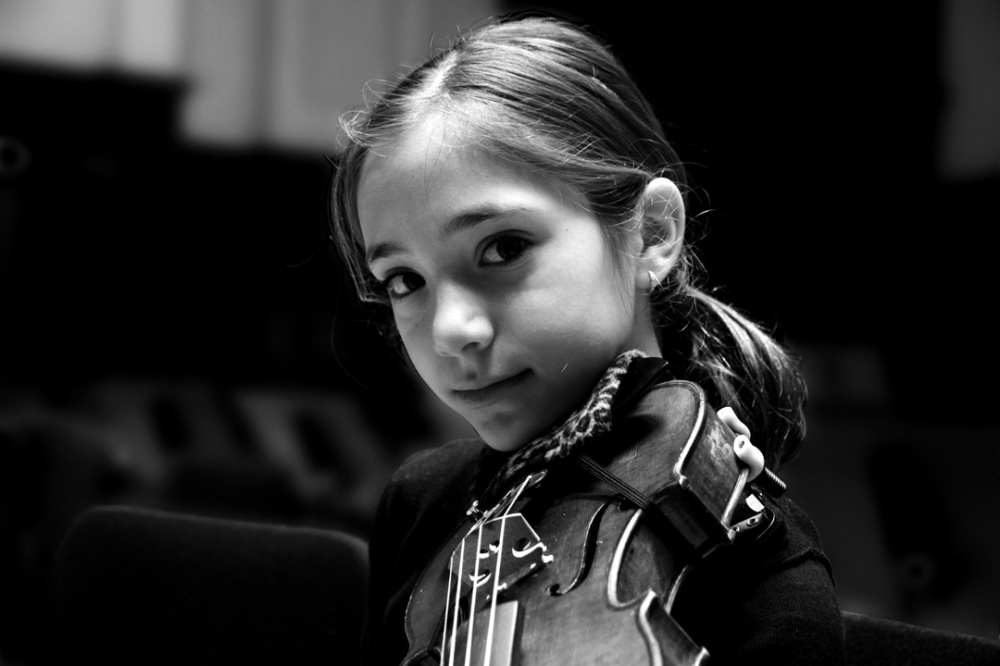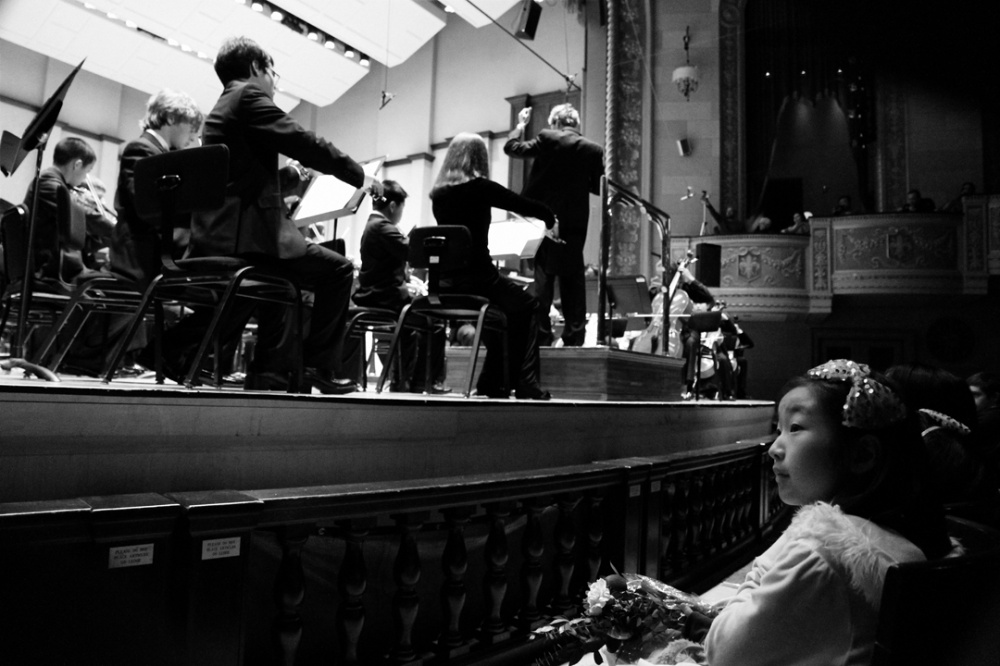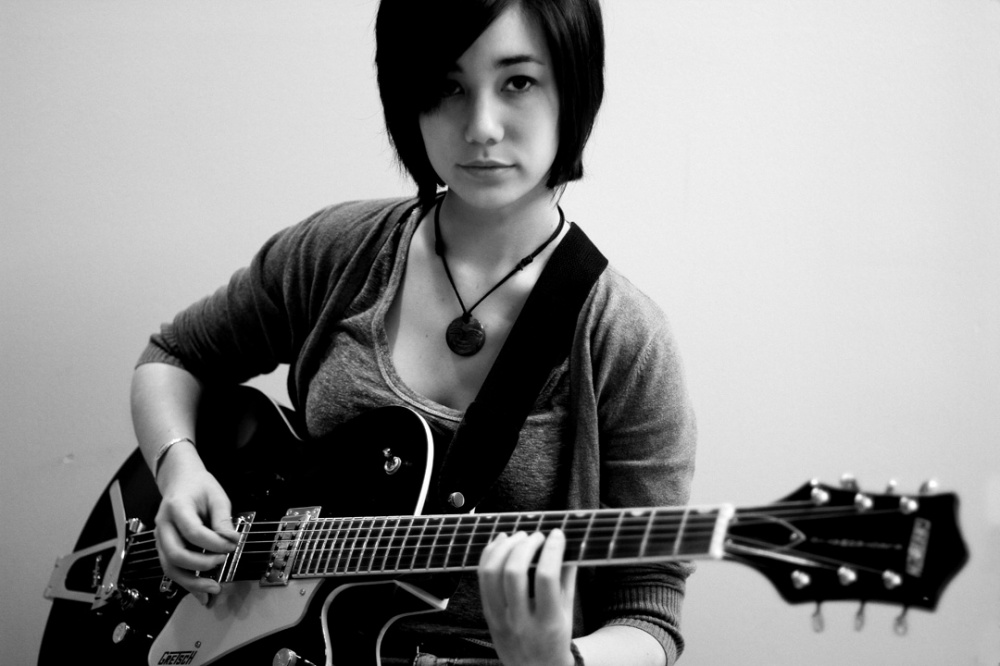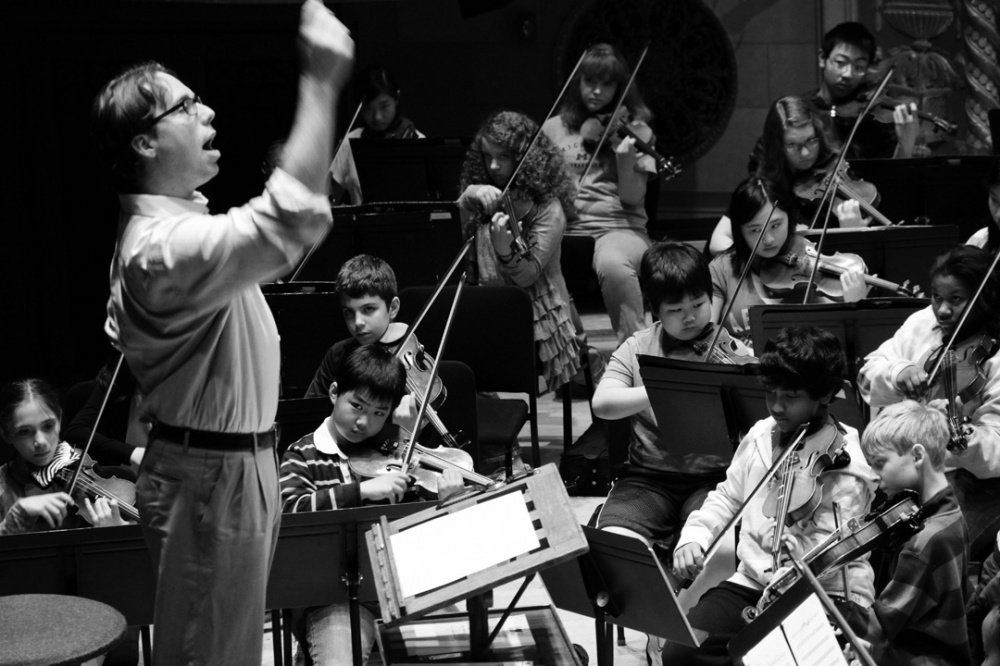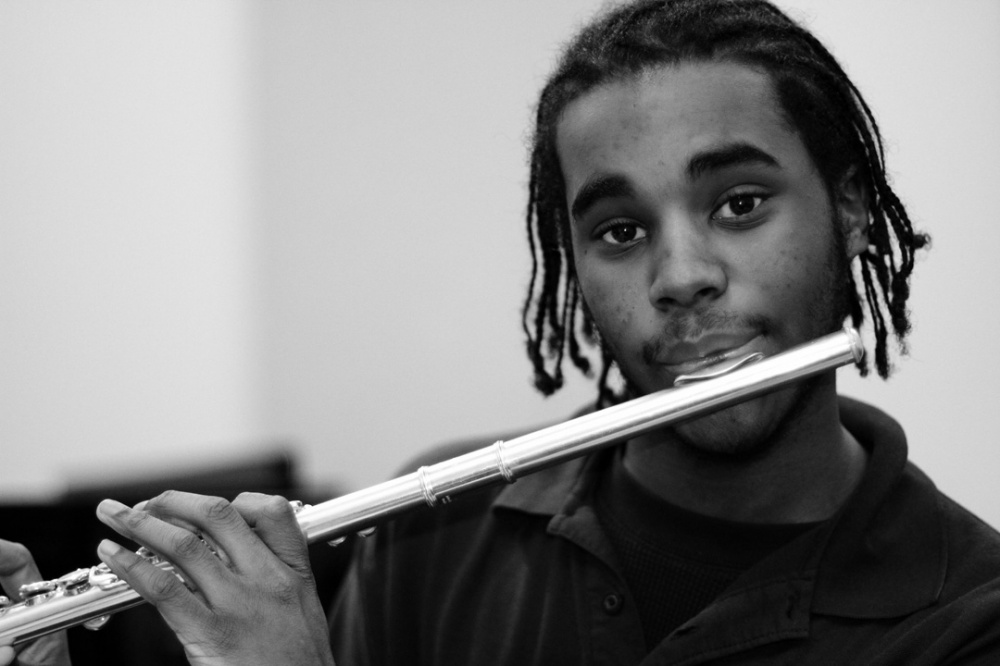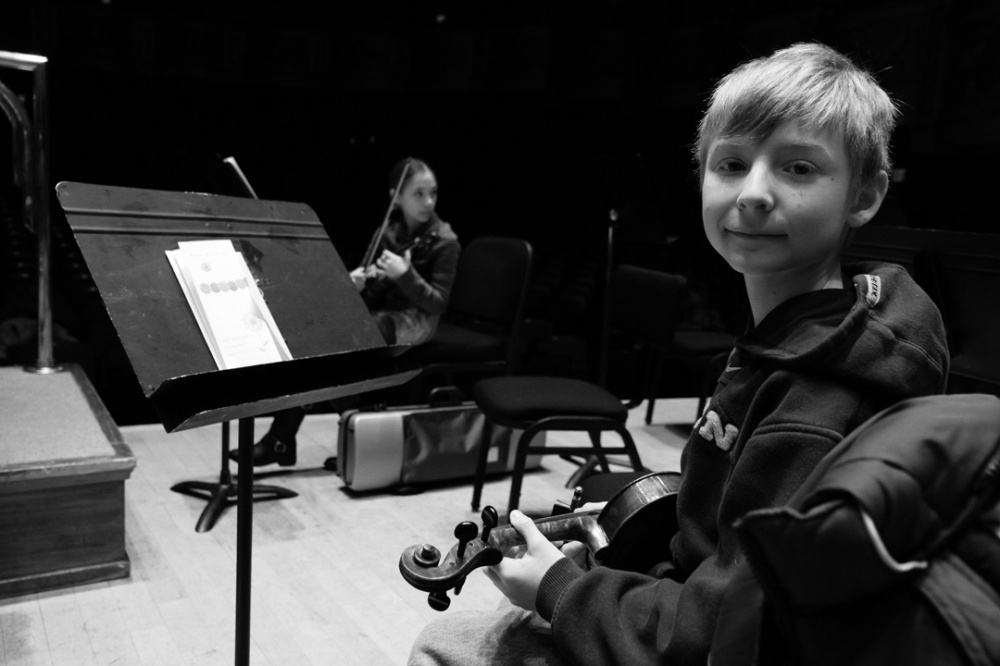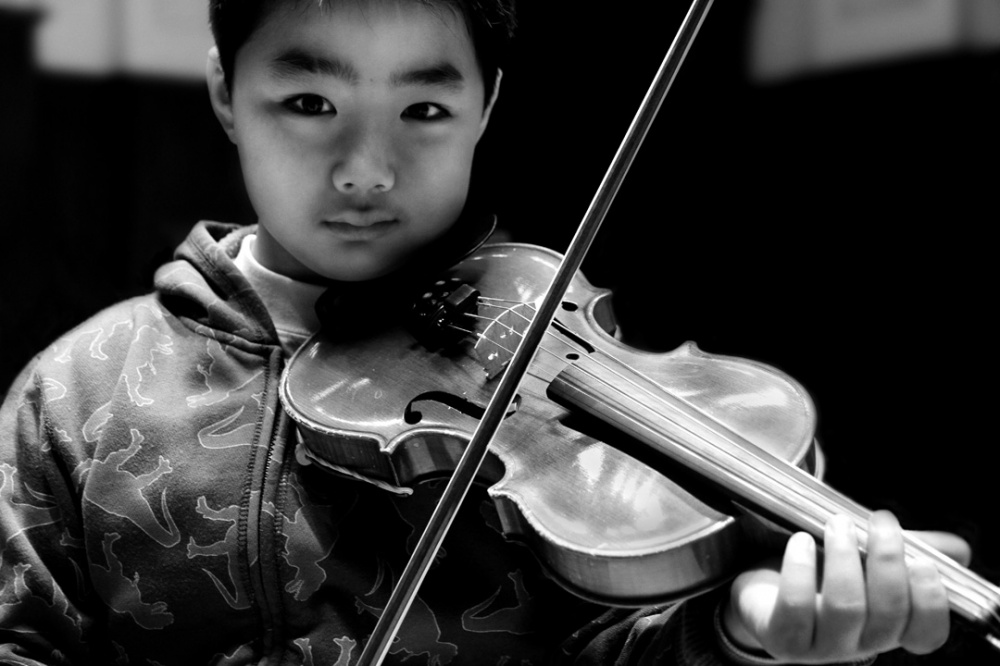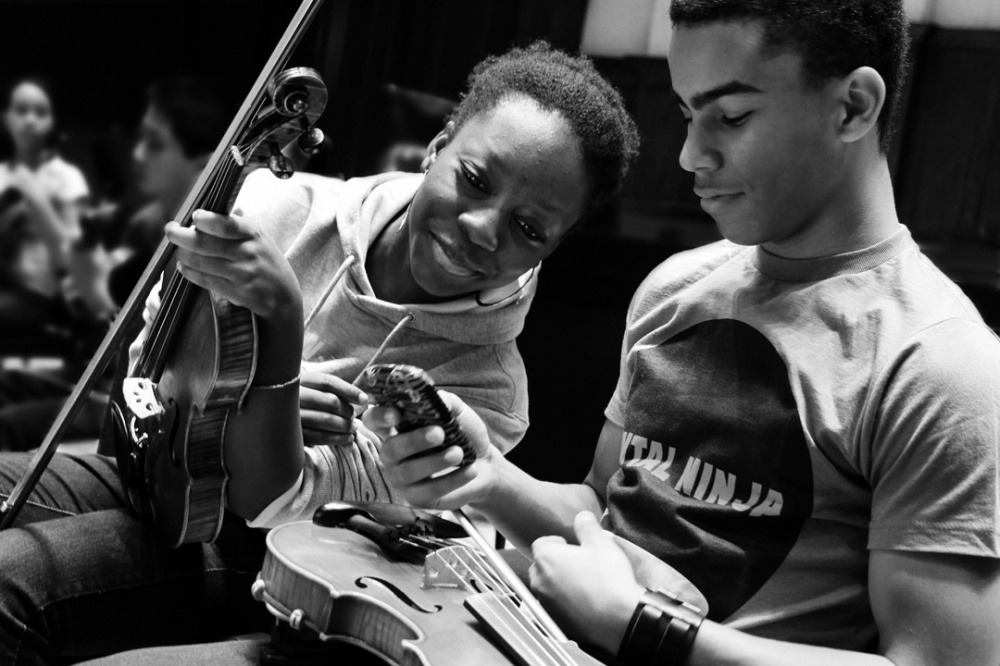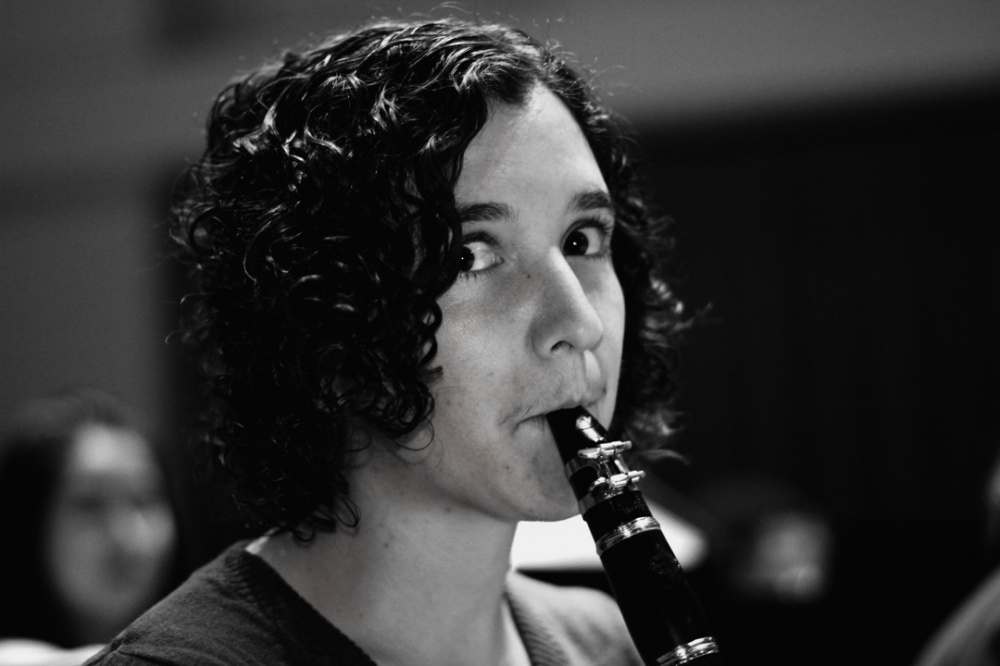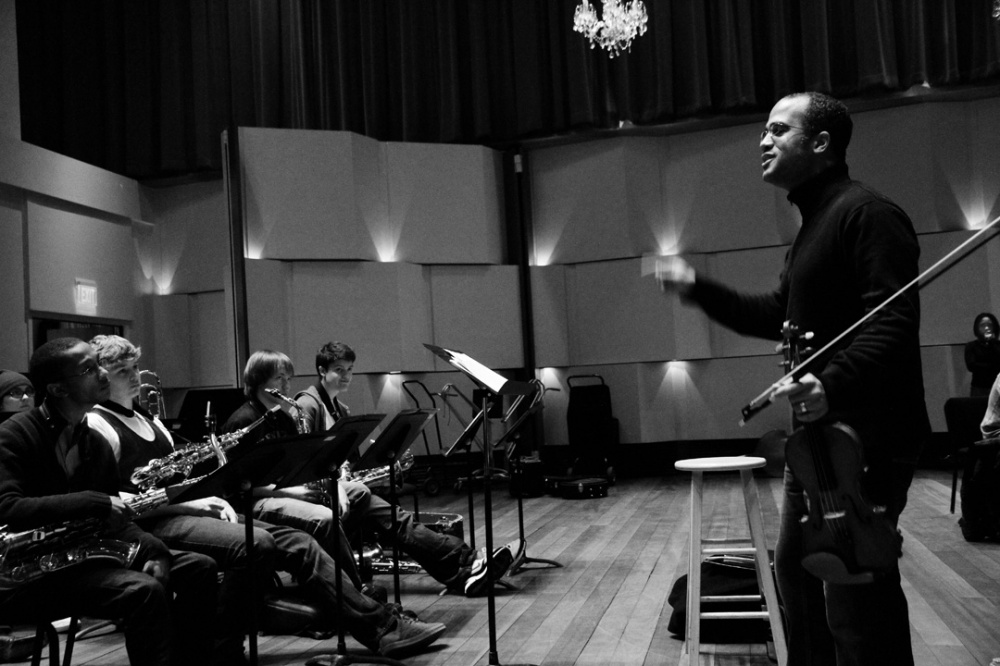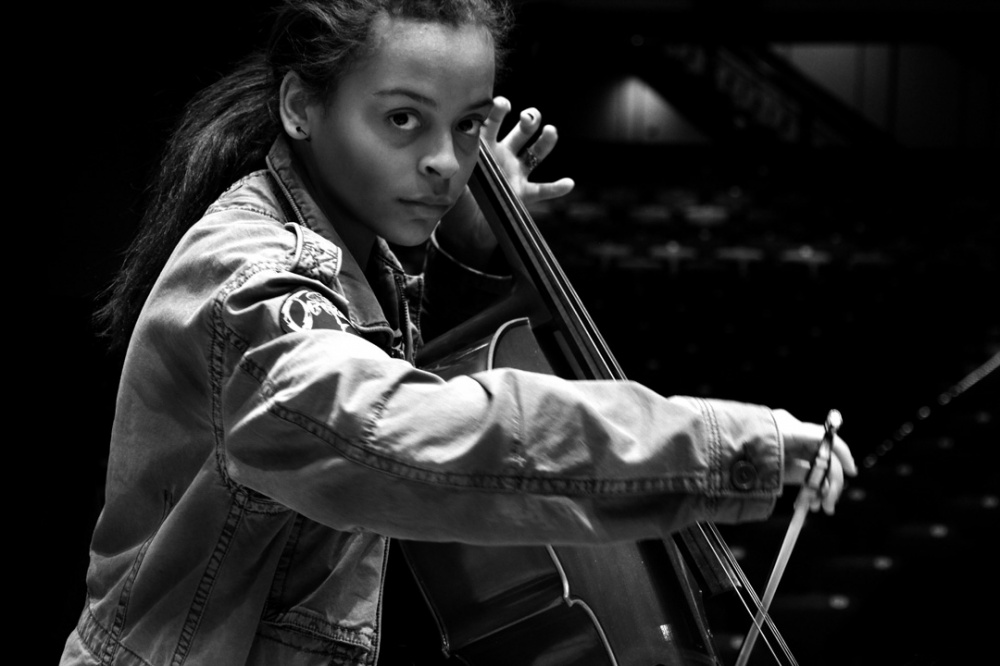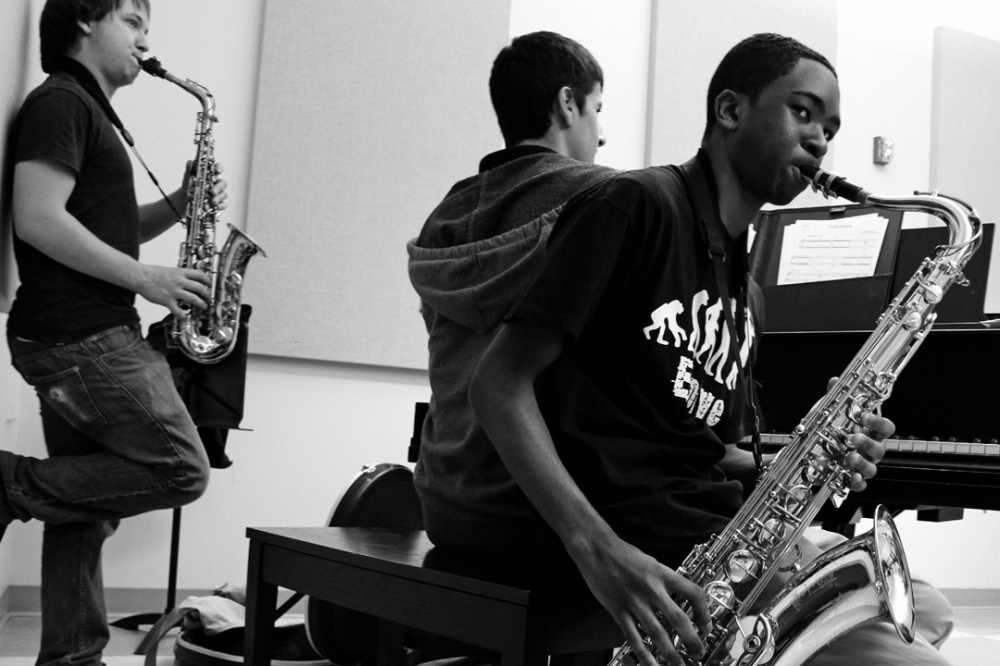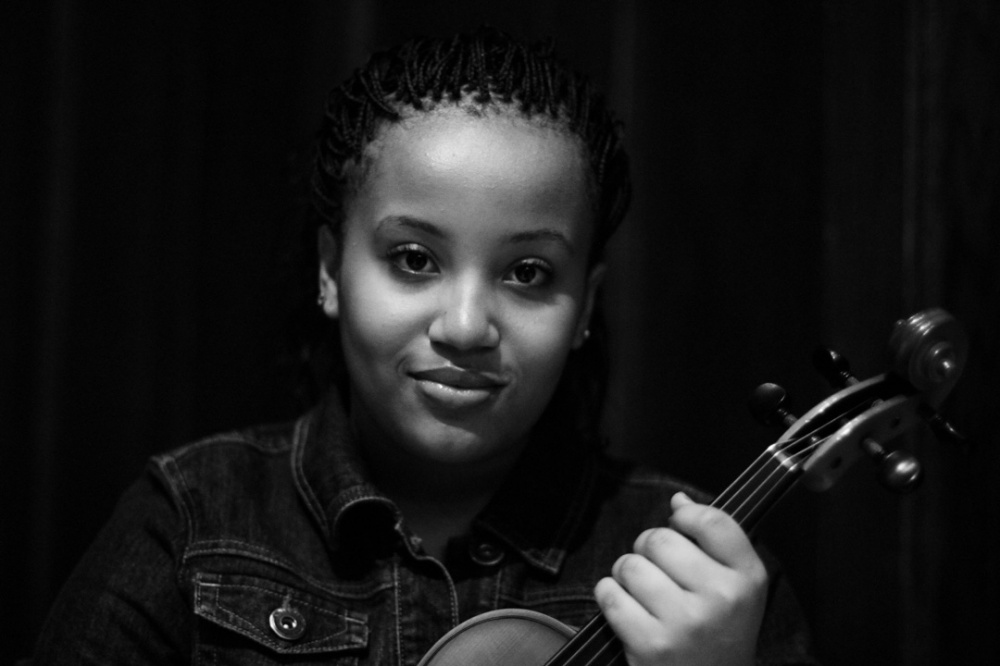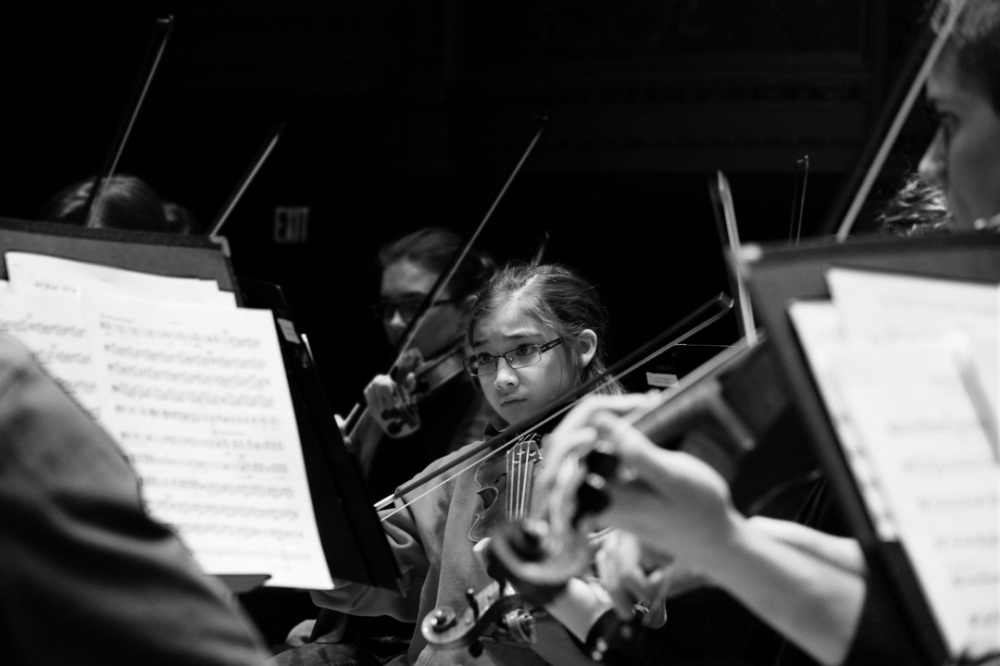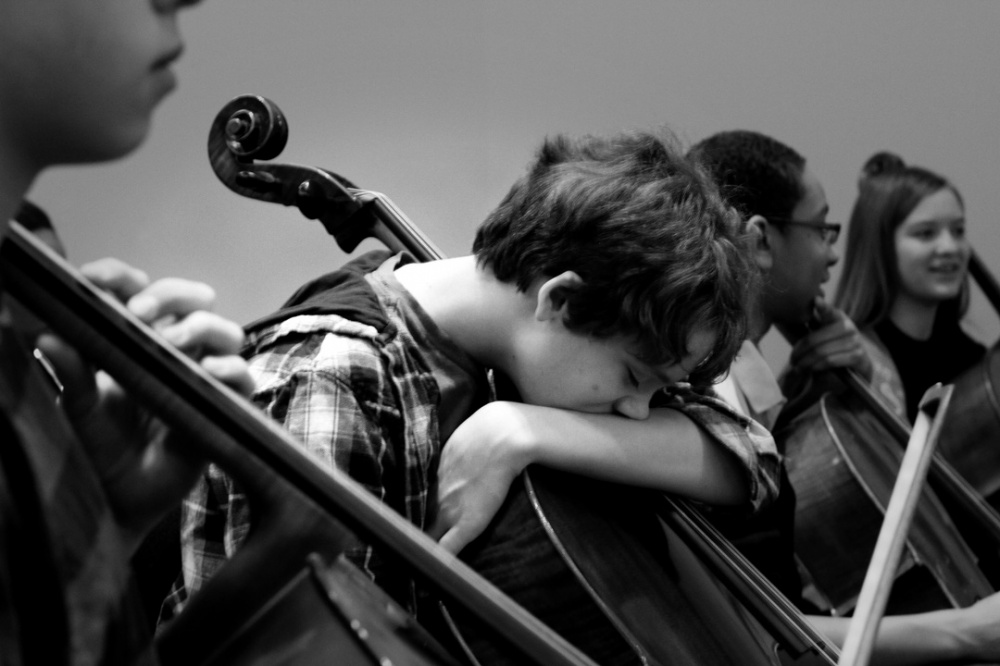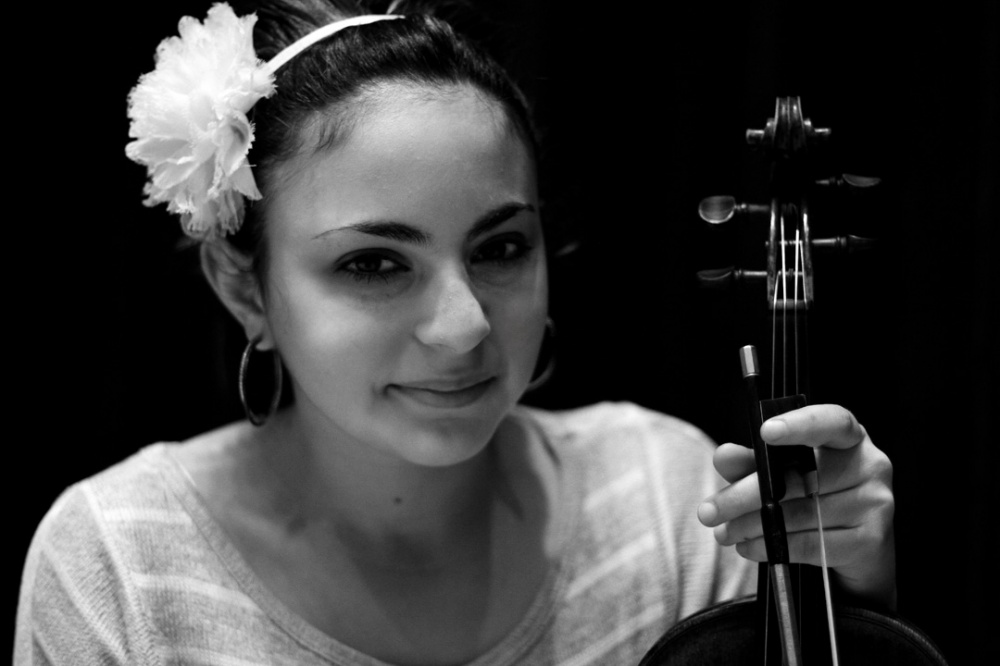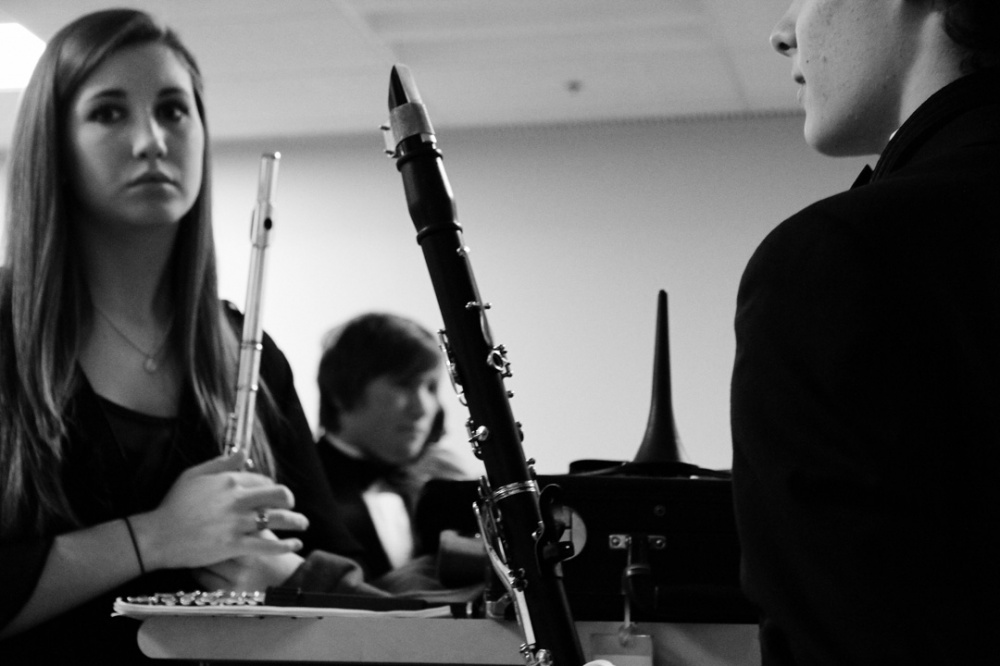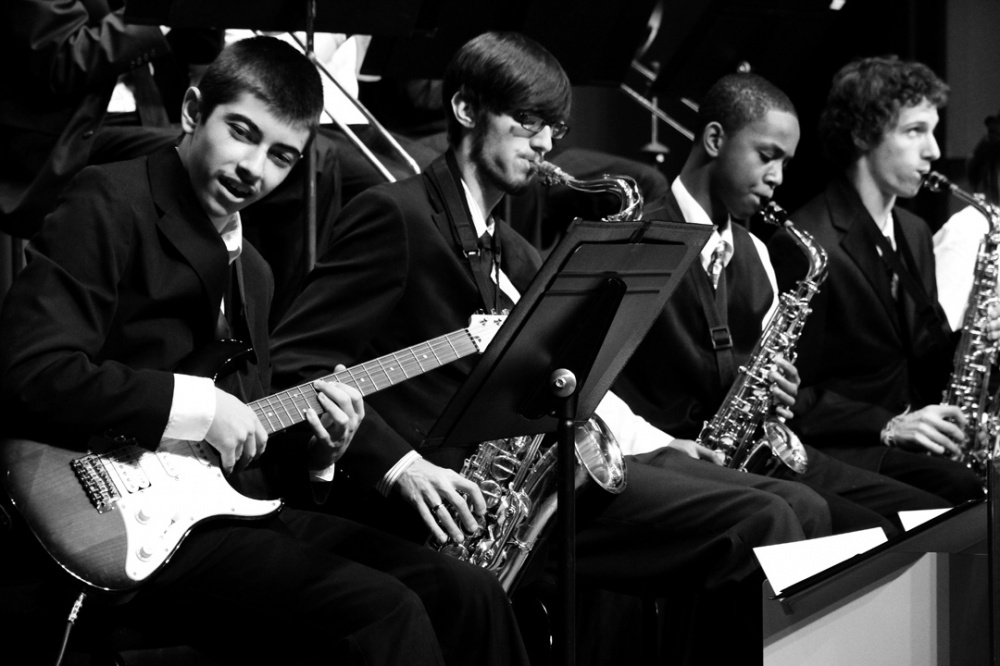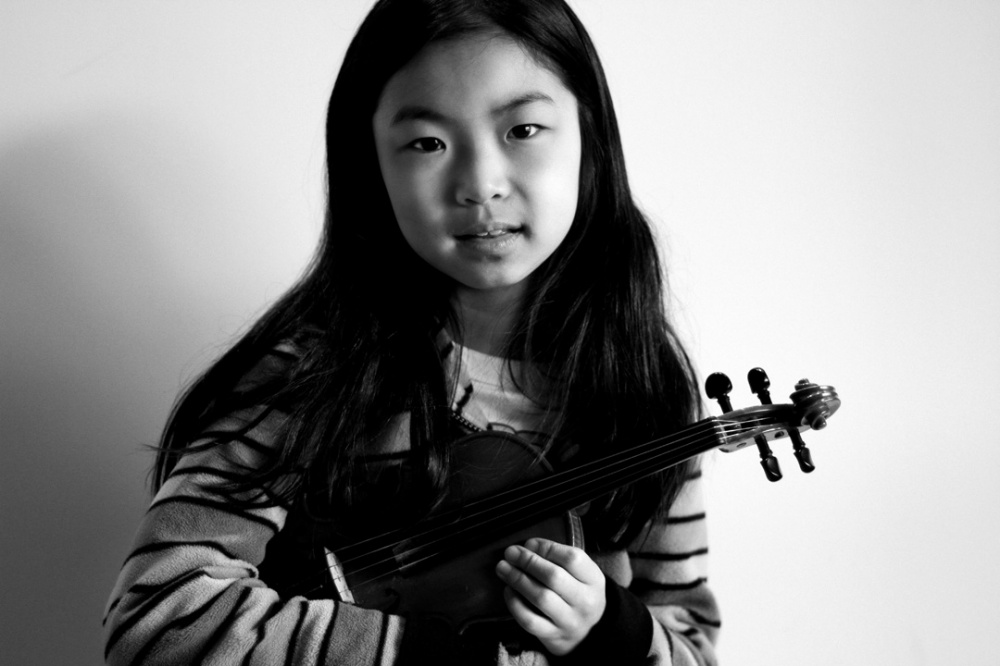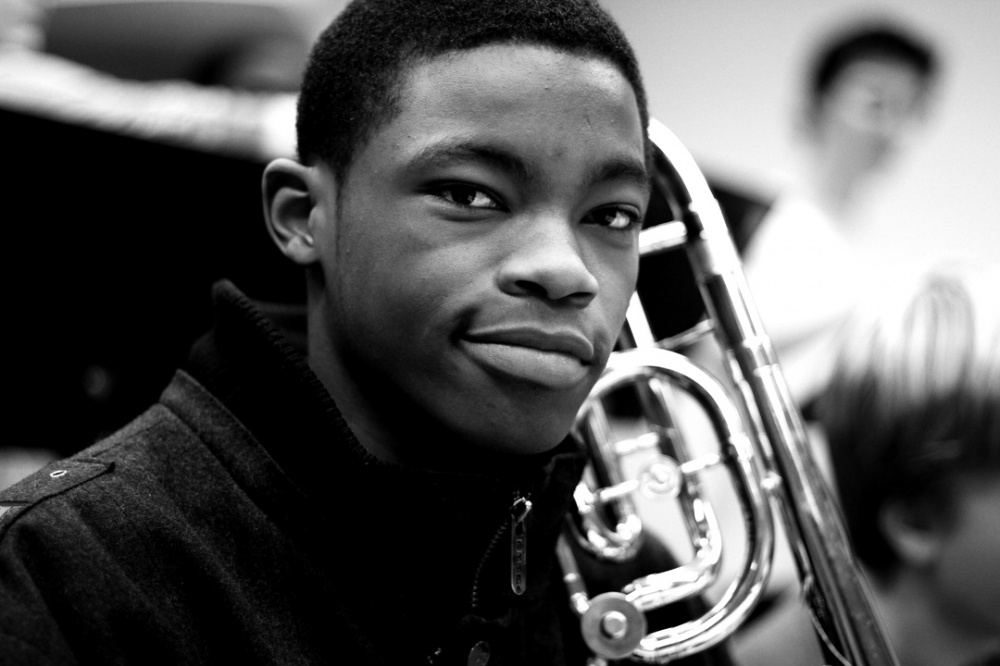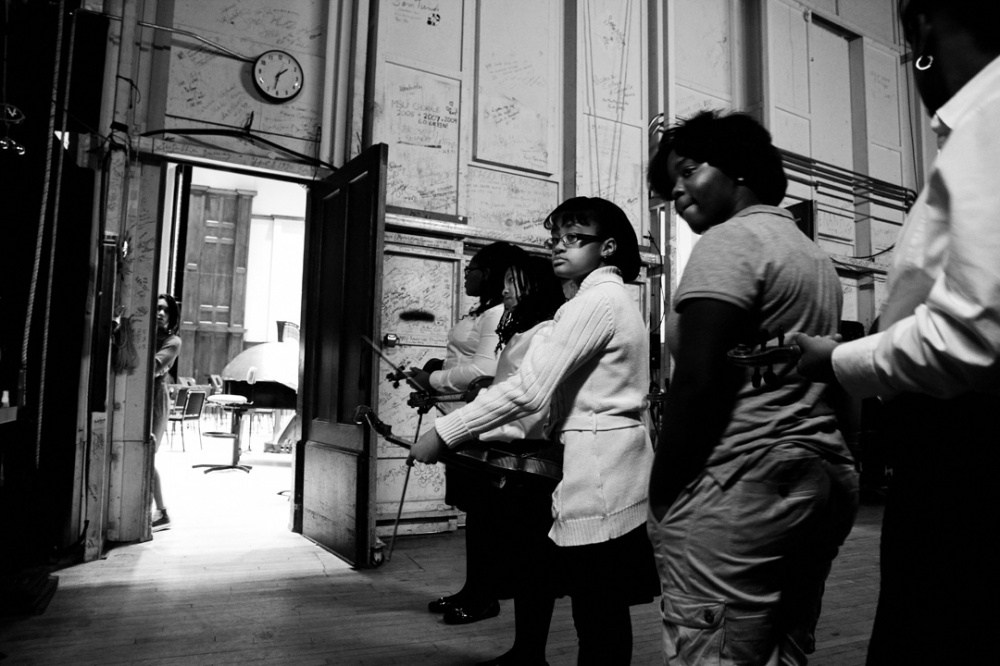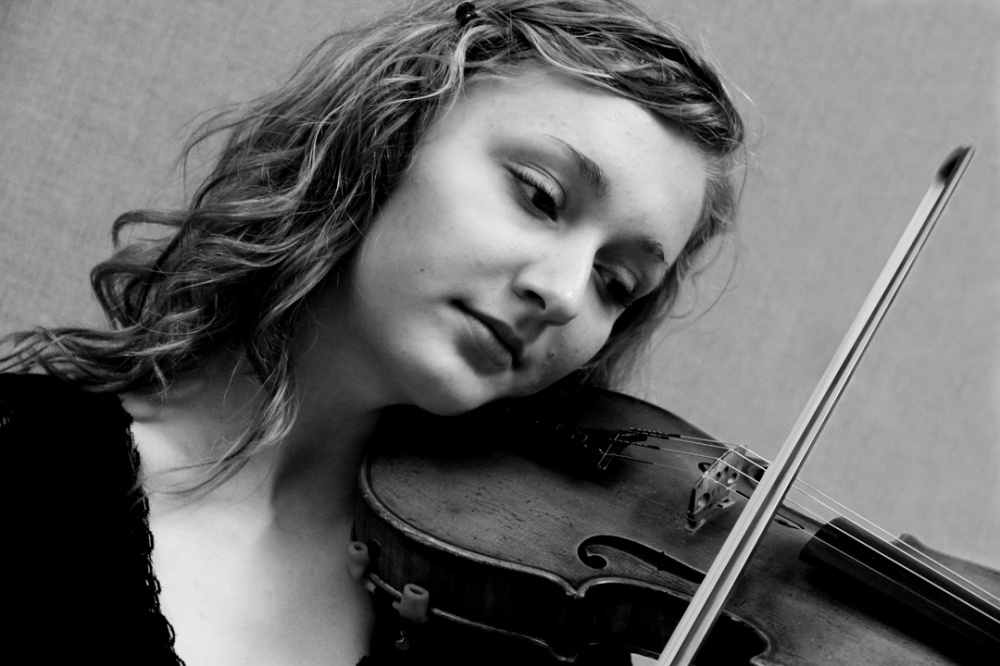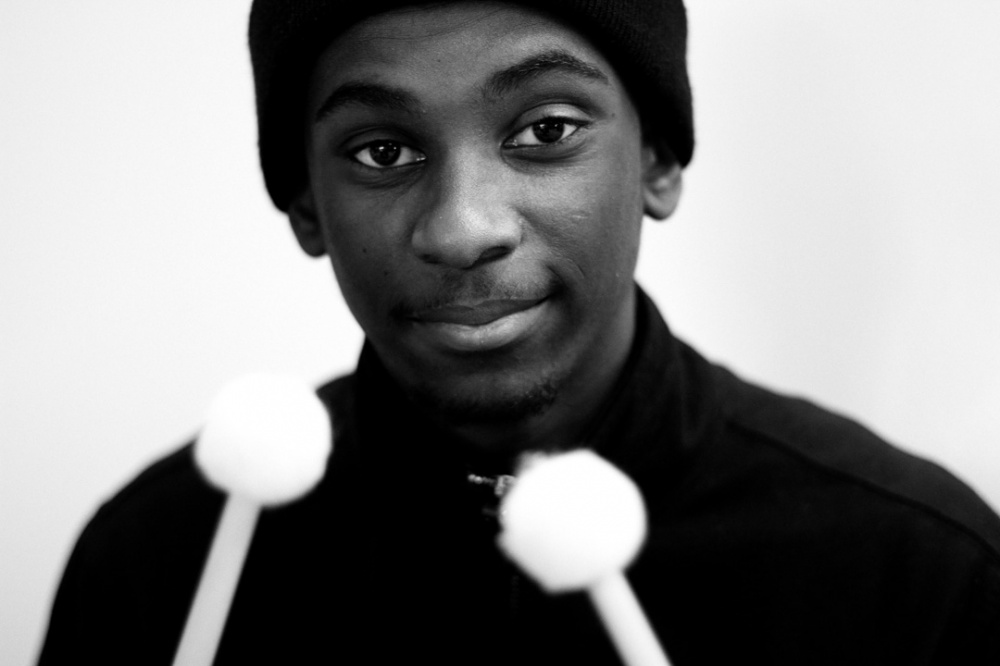Some travel a few blocks and others, hundreds of miles to attend weekly rehearsals every Saturday and Wednesday at Orchestra Hall in midtown Detroit. The youngest is 7 and the eldest, masters level in university. They give dozens of performances a year.
These are the 500 classical and jazz musicians who have auditioned and won a spot in one or more of the Civic Youth Ensembles. Sponsored by the Detroit Symphony Orchestra, the CYE has six classical orchestras for different levels of musicianship, and a jazz program that includes one jazz orchestra, two jazz bands and several jazz combos. In addition, 250 beginning musicians take part in classes that prepare them to move up into the orchestras and bands. It is the largest, most active program of its kind in the United States.
Detroit is a funny place. Its struggles are known worldwide, but its treasures are often hidden, even from locals. I lived in the Detroit area 45 years before discovering this music program that celebrated its 40th anniversary in April 2010.
In November 2010, my favorite classical and jazz radio station announced an upcoming concert at Orchestra Hall featuring the Civic Youth Ensembles. I decided to go. What I saw and heard that night sent me away with a passionate longing to do a photo project on the CYE and its young musicians. After two months of patient persistence, I got the go-ahead. On January 15, I attended my first 9-hour day of rehearsals.
For the next four months I took thousands of photos, recorded hours of audio interviews and listened to the most sublime music imaginable. It was their music and youth that drew me in. It is their passion and dedication that holds me captive, even today. Even months after I took my last photo at their final concert of the season in May 2011.
This excerpt of an interview with Elizabeth Stratton, an 11 year-old first violinist with the Philharmonic, gives you an idea of what I mean:
Q: If a younger person were to come to you and say, “I’m thinking about going into music. Should I? If so, why should I?”, what would you say?
A: Well, I would tell them [music] is definitely very expressive, it’s an art. It’s a way that you can show yourself to other people even if you’re not good with words. I get tripped up a lot; it’s hard for me to explain things. But when I play for people I can tell them what I’m like and how I feel without having to explain it in words.
Music is really rewarding because not only is it really fun to do but there can be benefits from it…Music can get you places that other things can’t.
Q: There are different parts of the process. There’s the practicing at home...
A: Y-e-s...
Q: So what do you think about practicing?
A: It can be fun. It can be just boring; you really want to quit. My sister also plays violin and she’s often told me, “Why do I have to practice? I don’t want to practice.”
But honestly, practice can be fun. And it’s really very developmental because you learn how to work with yourself. Sometimes it’s easier to learn how to interact with other people than it is to interact with yourself ‘cause you need to know how you will react when you can’t do something, and how you need to fix a problem. So practice is very educational for me because I learn more about myself. I know a lot about how to work with other people but practice is really about how to work with yourself and how to help yourself get over difficulties.
Q: Are you sure you’re only 11?
A: I’m sure.
To learn more about the Civic Youth Ensembles, go to their website: <a href="http://www.dso.org/civic">http://www.dso.org/civic</a>


